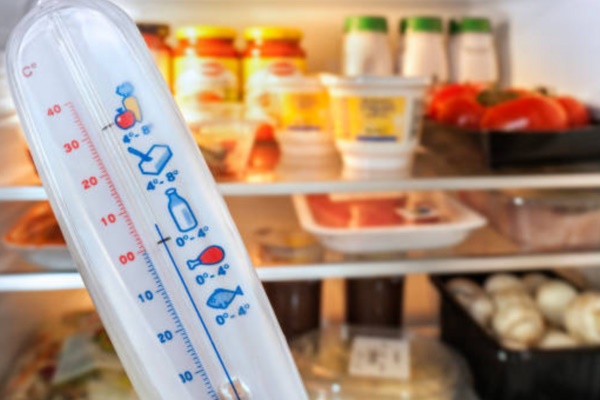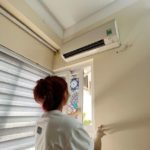Refrigerators are an essential appliance for most households, as they help with both food preservation and beverage cooling. During the summer, the demand for ice and chilled drinks increases, leading to higher electricity consumption. Meanwhile, other appliances such as fans and air conditioners are also working at full capacity, resulting in a surge in electricity costs.
What temperature setting is most energy-efficient for a refrigerator during the summer?
The most common refrigerator design includes two main compartments, a freezer and a fridge, each with distinct functions and energy consumption rates. Adjusting the temperature settings for each compartment optimally can lead to significant energy savings.
For the fridge compartment, the ideal temperature range is 3 to 5 degrees Celsius. This temperature ensures that food remains fresh and safe to consume without excessive energy usage.
As for the freezer compartment, the optimal temperature range is between -15 and -18 degrees Celsius. This range allows for effective food preservation without overworking the refrigerator, thereby reducing energy consumption.

What’s the best refrigerator temperature setting during the summer? (Photo: Istock)
Tips for reducing energy consumption when using a refrigerator during the summer:
– Utilize the “Energy saver” mode: Modern refrigerators often feature an energy-saving mode that automatically adjusts temperatures and reduces the power of non-essential components, resulting in lower energy consumption.
– Regularly maintain and service your refrigerator to ensure it operates efficiently and consumes less energy.
– Place the refrigerator in a well-ventilated, shaded area, maintaining a distance of 5-10 cm from the wall. This improves air circulation, reducing strain on the appliance and lowering energy costs.
– Avoid frequently opening and closing the refrigerator door throughout the day, as this disrupts the cooling process and increases energy consumption.
– Disable the automatic ice maker: The automatic ice-making feature consumes a significant amount of energy. Turn it off when not in use or when there is already enough ice in the bin.
– Wrap food securely before placing it in the refrigerator. This practice allows the compressor to operate at a lower capacity, reducing energy consumption. Additionally, it helps maintain the freshness and moisture of the food in the cold environment.
– Clean the condenser coils regularly: These coils, typically located at the back of the refrigerator, are made of metal and help dissipate heat from the compressor. Cleaning them at least every six months prevents dust buildup and ensures the compressor doesn’t have to work harder than necessary, reducing energy consumption.
To ensure the longevity of your appliance, regularly monitor the refrigerator’s temperature to ensure optimal performance, making adjustments as necessary. During the summer, with fluctuating room temperatures, it’s crucial to keep an eye on the cooling and freezing capabilities of your refrigerator.
Avoid placing the refrigerator near heat sources such as gas stoves or microwaves, especially in direct sunlight. This can cause the refrigerator to warm up, impacting the efficiency of the compressor.
According to VTC News





































